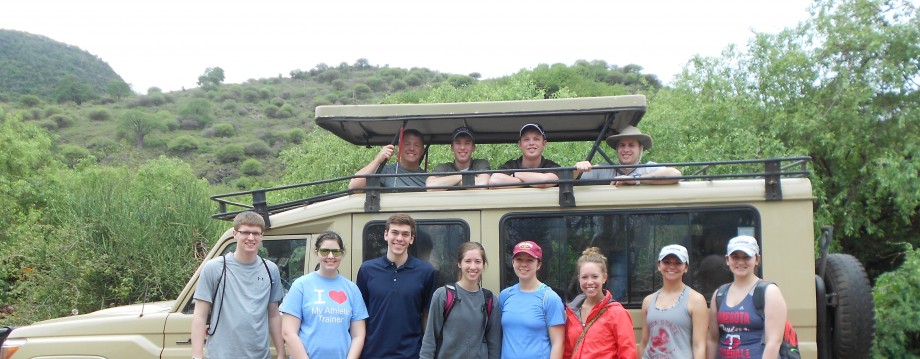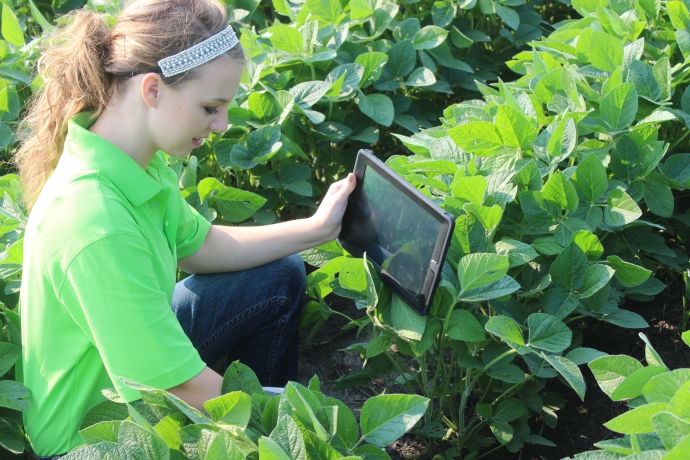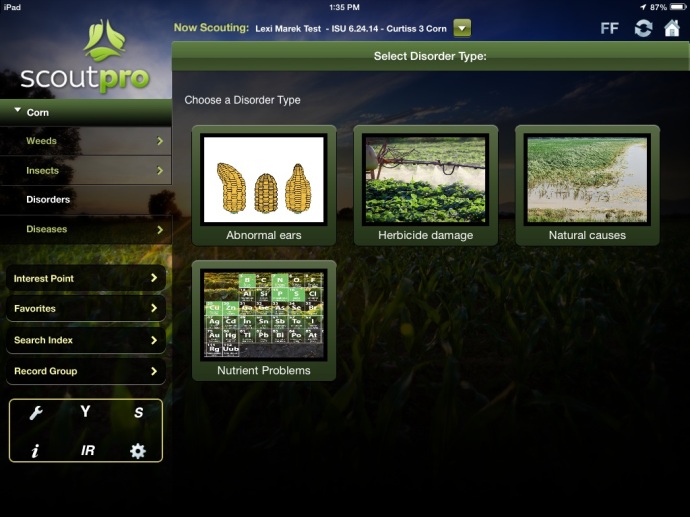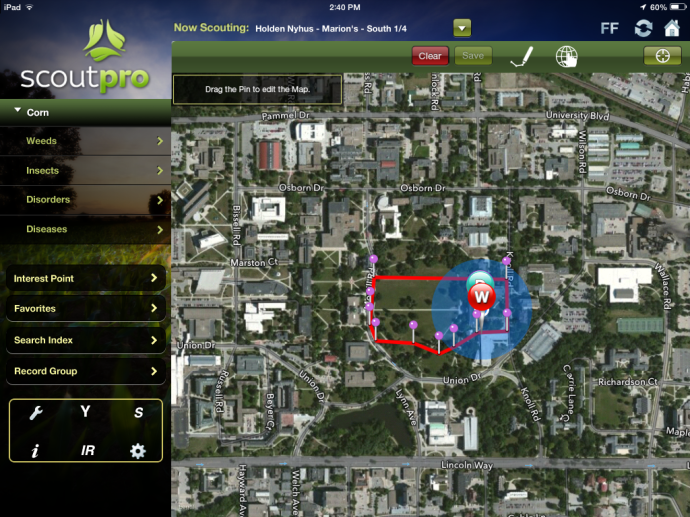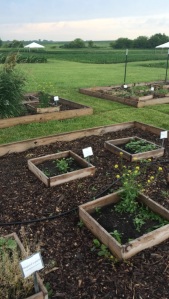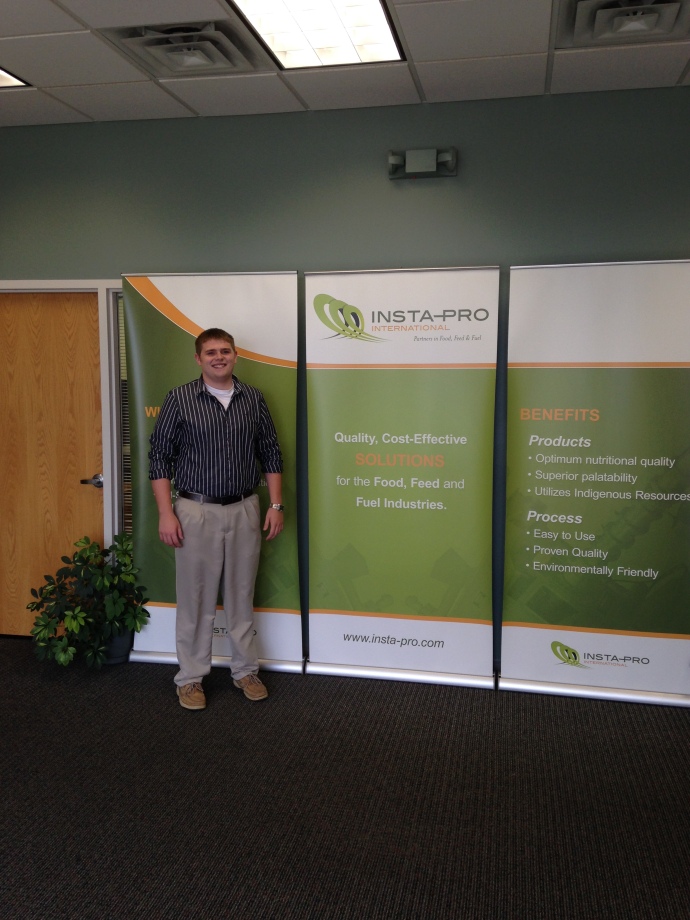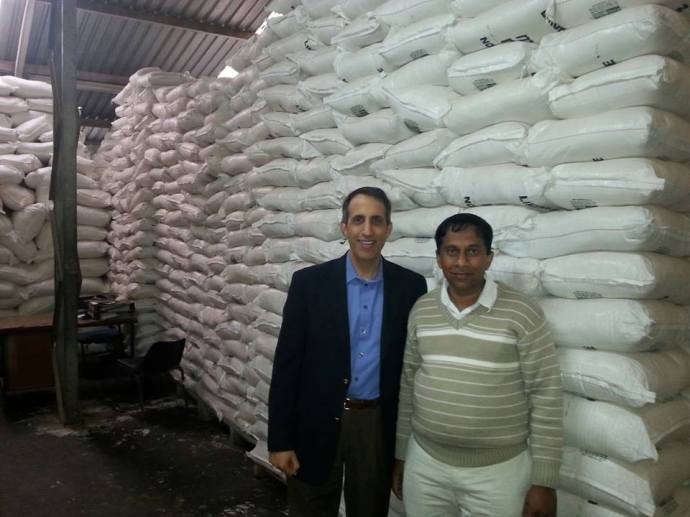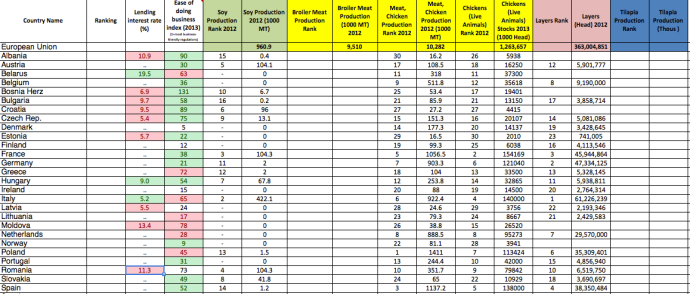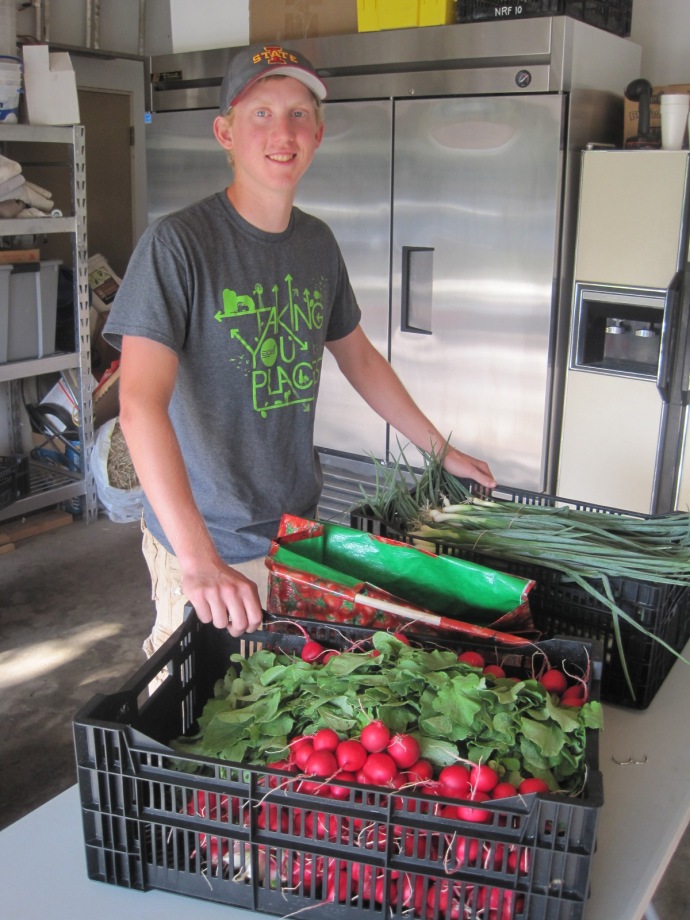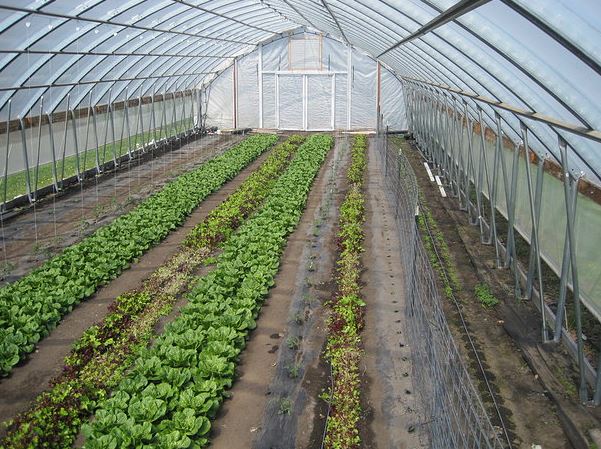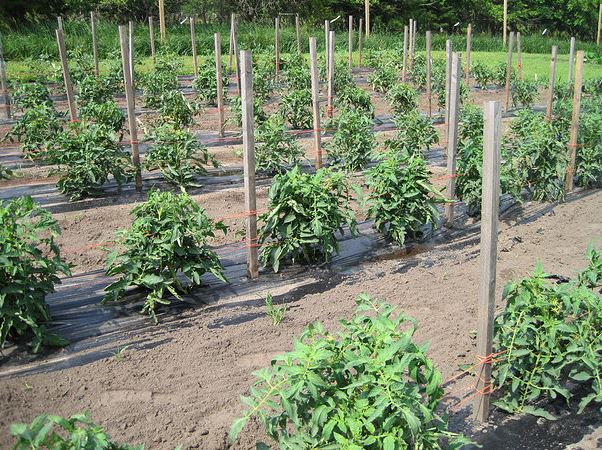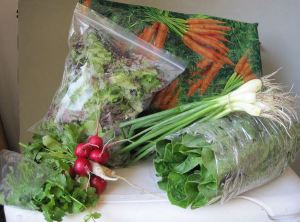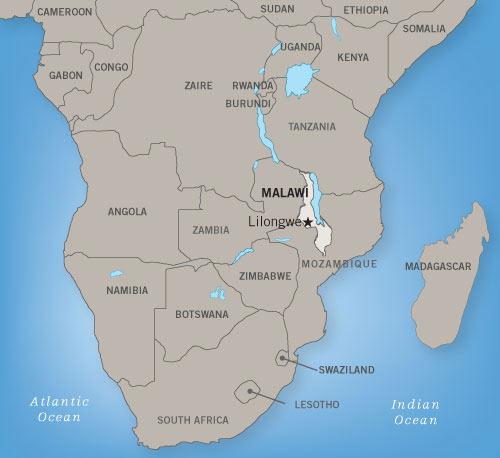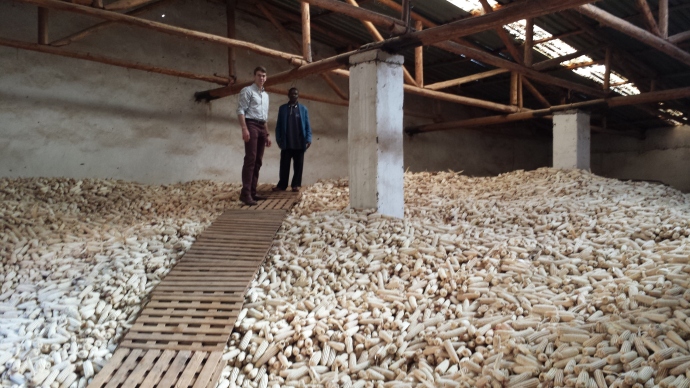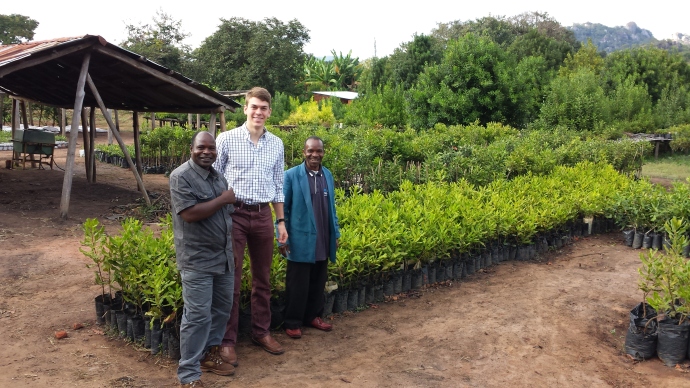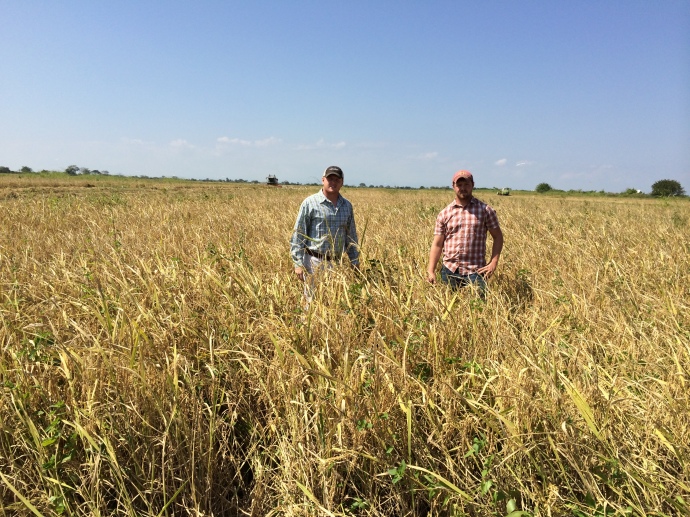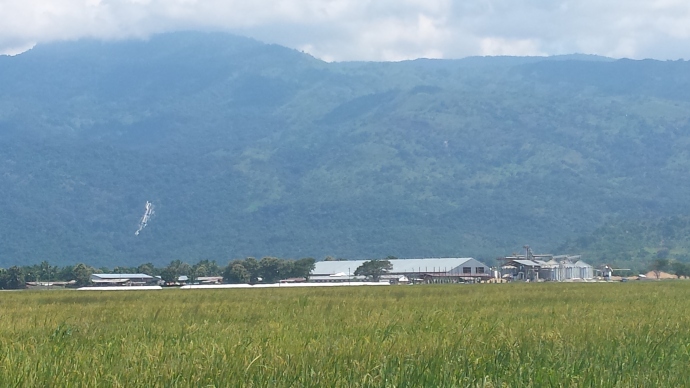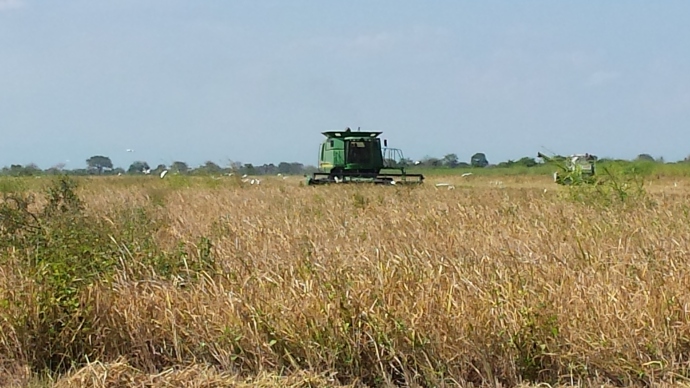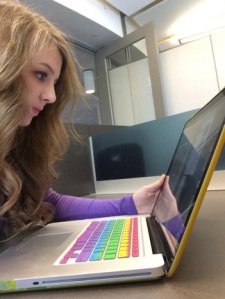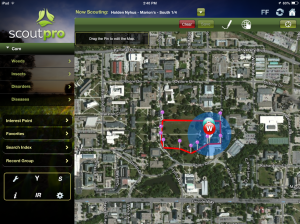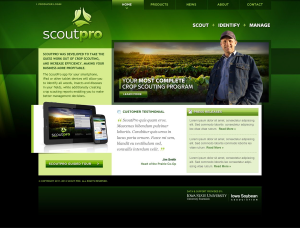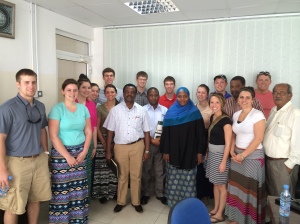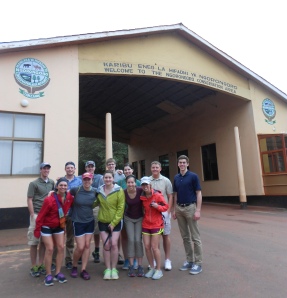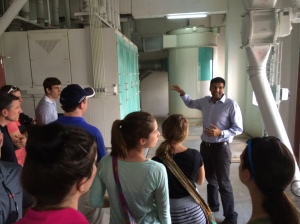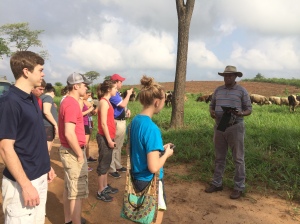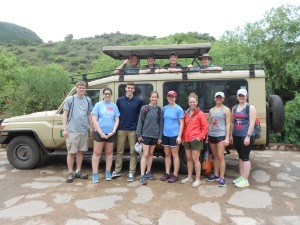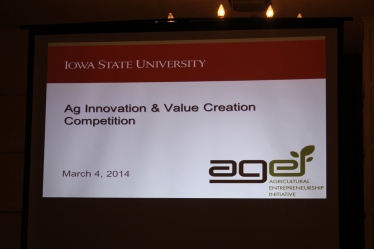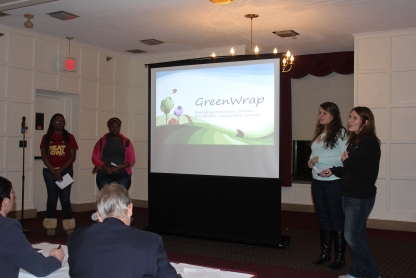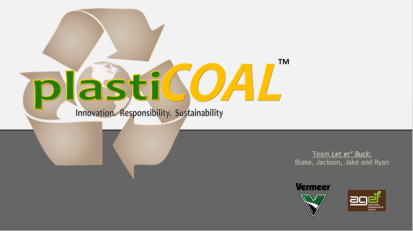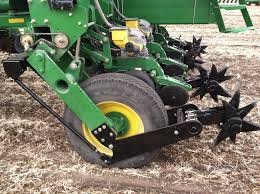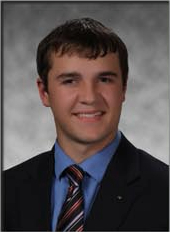Written by: Lexi Marek, Iowa State Sophomore in Ag Business
It seems like just a few weeks ago I was writing for AgEI, reflecting on my Semester Inc Internship with ScoutPro. Now I am over half way through my summer internship with ScoutPro. Although this growing company has not changed much in the past few months, my role in the business has.
ScoutPro was developed by three students at Iowa State University, hoping to develop an app that would make scouting reports easier and available online. The company was launched in 2011 with an app that allowed customers to record scouting reports on an iPad and synch to a website. The app now includes many features, such as a search index, GPS pins, mapping, stand count and yield check calculations, and soon weather will be added to the data.
This spring, I spent most of my time working on social media and creating tutorial videos. Lately, I have been doing a lot of app testing and creating marking materials that will be used to grow the company and better serve their customers. While improvements have been made to the app, this has caused the app not to work as well. I worked hand in hand with the Vice President of the company, testing the app and looking at scouting reports so we could quickly fix the glitch. My boss would directly speak with the customer and I would look up the scouting reports and record what was missing. I would then share this data with the tech team in India and they would work to fix the problem. I soon became aware of the amount of effort that is needed to meet your customer’s needs, in order to make a small business grow and be successful. I also learned that, especially in a technology company, testing and not becoming discouraged is important. Many times I was instructed to “break” the app, which meant using different scenarios to figure out why the app was not properly working. The most difficult part of that task was remembering what steps I took to making the app not work properly. This was not a fast procedure, because we wanted to thoroughly make sure the app was completely fixed and in working order. Although this project became repetitive, I learned a lot about dealing with difficulties as well as became even more familiar with the product of the company.
A few other projects I have worked on consist of recording data and creating marketing campaigns. I have been able to visit Iowa State University’s Research Agronomy Farm to take pictures of the weeds at different stages, so ScoutPro has more options and data. I have also complied lists of emails and literature that will be sent to prospective customers. My latest project consisted of researching various trade shows that ScoutPro can attend to increase publicity.
Overall this internship has been a great experience where I have learned about growing and marketing a small company. I also have gained experience in the agronomy and technology field and I am looking forward to my final weeks with ScoutPro.
